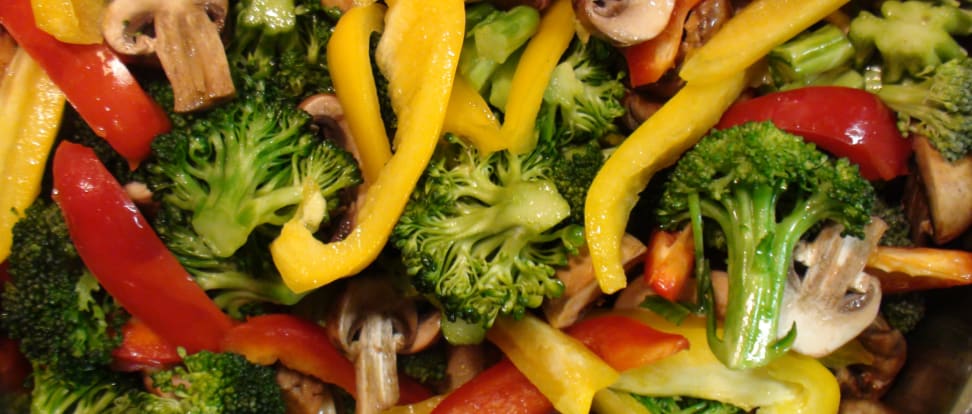Gut Feelings: How Bacteria Can Affect Your Mood
You've got more than butterflies in your stomach.
 Credit:
Credit:
Products are chosen independently by our editors. Purchases made through our links may earn us a commission.
All men have two brains: one in their skull and other one a little further down... in their stomach. In fact, everyone on Earth has a second brain. It's called the enteric nervous system.
And a study published in BioEssays has revealed how various types of bacteria interact with the enteric system and other parts of your body, causing shifts in your mood.
What are these bacteria doing?
The study showed that an increase in levels of the bacteria Campylobacter jejuni is linked to increased anxiety in mice. This bacteria has also been shown to cause colic in human babies. However, certain types of Lactobacillus can counteract the Campylobacter, and also induce calm.
![That craving for chocolate may be the bacteria in your gut talking. [Credit: Flickr User "colemama" (CC BY-NC-SA 2.0)]](https://reviewed-com-res.cloudinary.com/image/fetch/s--9Ap0Zl0y--/b_white,c_limit,cs_srgb,f_auto,fl_progressive.strip_profile,g_center,q_auto,w_792/https://reviewed-production.s3.amazonaws.com/attachment/b827a1b969454a96/sweettooth.jpg)
That craving for chocolate may be the bacteria in your gut talking. [Credit: Flickr user "colemama" (CC BY-NC-SA 2.0)]
And those cravings for chocolate you've been having? They might be the result of bacteria in your stomach as well.
The current thinking is that the microbes give you strong subliminal suggestions on what to eat, guiding you to provide them the nutrients they need to multiply. Maybe it wasn't my fault when I ate those 10 candy bars for lunch; the little guys in my tummy were manipulating me!
Speaking of manipulation, check out Toxoplasma gondii. High levels of this tiny bugger actually made mice less afraid of cats. The idea is that the gondii bacteria's goal is to spread from one stomach to another another, and the easiest way to do that is to steering the mice toward certain death. Creepy!
How are the bacteria doing this?
Despite their simple structure, bacteria have some pretty complex ways to press our buttons.
For one thing, they can secrete chemicals like hormones, neurotransmitters, or toxins. Chemicals like serotonin can spur behavior like eating sugary foods, while toxins can stop us in our tracks with a bellyache.
Gut flora can also interact with our nerves, sending or blocking signals to our brains. In fact, bacteria in our mouths can alter how our taste buds perceive food.
Yogurt: The new liquid courage
Research undertaken at UCLA followed a group of women, half of whom ate yogurt regularly, and half who didn't. The results were clear: Yogurt consumption helped promote good gut health, and resulted in an astounding reduction in anxiety and depression. So the next time you have butterflies in your stomach, maybe try squashing them with some Chobani.
![Eating probiotic yogurt regularly will help maintain a balance in your stomach. [Credit: Flickr User "rwhitmore" (CC BY-NC-SA 2.0)]](https://reviewed-com-res.cloudinary.com/image/fetch/s--0d8h3my3--/b_white,c_limit,cs_srgb,f_auto,fl_progressive.strip_profile,g_center,q_auto,w_792/https://reviewed-production.s3.amazonaws.com/attachment/20b57612e2624db5/bowlofyogurt.jpg)
Eating probiotic yogurt regularly will help maintain a balance in your stomach. [Credit: Flickr user "rwhitmore" (CC BY-NC-SA 2.0)]
The big takeaway here is that if you're feeling down or anxious, you can look to your stomach as well as your brain. It might be quicker, too: Antidepressants take about two weeks to kick in, while your gut flora can change in a little as 24 hours.
Via: Scientific America Hero Image: Flickr user "David Saddler" (CC BY-NC-SA 2.0)
